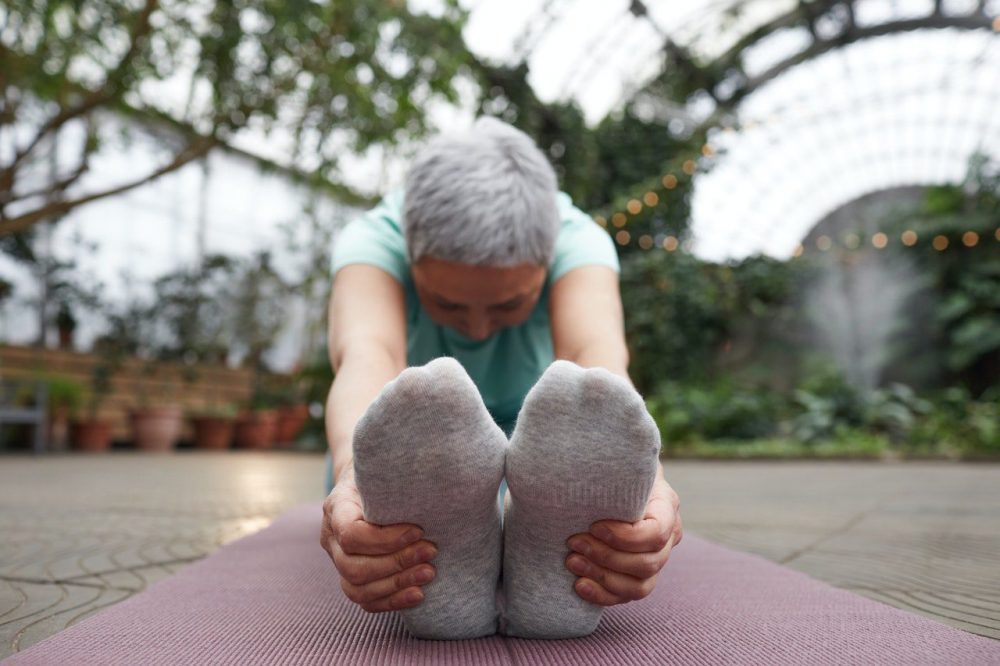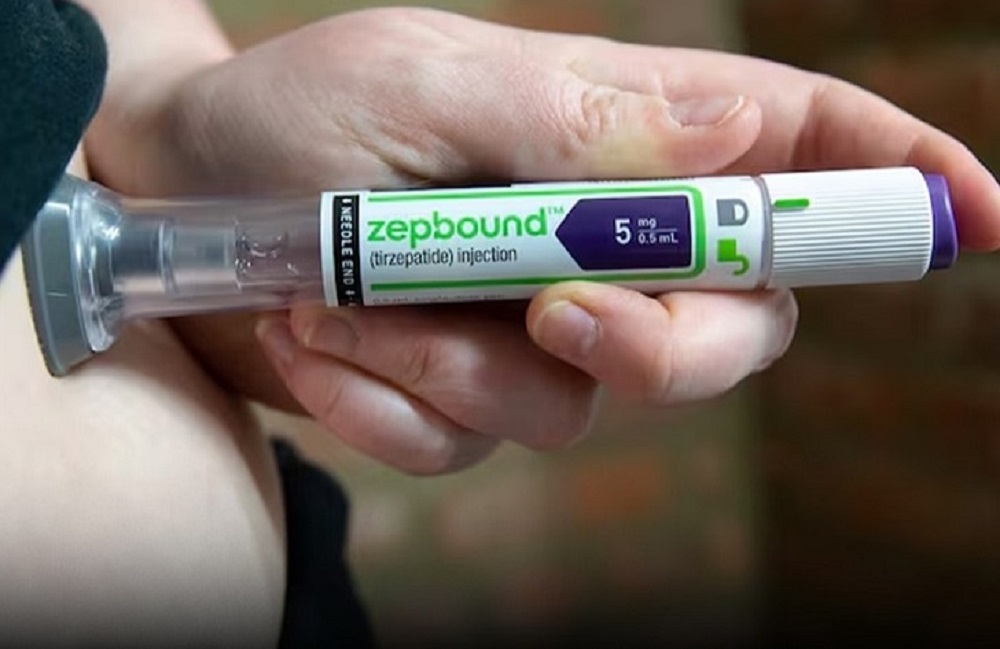Nowadays, with rising infections from the pandemic, even the smallest symptom like the common cold raises the alarm amongst most of us. Our minds immediately go to the worst-case scenario of becoming victims to the virus. And this is because the infection has several vague, hard-to-point symptoms.
Speaking of symptoms, loss of smell is one of the most common ones when it comes to the pandemic virus. However, you should know that it’s also a symptom of respiratory tract infections, common cold, and even some allergies. With a change in season, it may get confusing to find out if the symptoms are due to the seasonal flu or the ongoing pandemic virus.

Andrea Piacquadio/Pexels | With fear surrounding the pandemic virus, if someone experiences flu-like symptoms, they immediately suspect that they've been infected
That’s why in this article we’re explaining why and how to differentiate between common allergies and the pandemic virus.
First things first - why do allergies cause a loss of smell?
In order to get a clearer picture, let’s understand how allergies work. When you come in contact with something you’re allergic to, a chain reaction is activated in your genes which is then expressed by your immune system.
Your immune system detects the allergen and reacts by making antibodies called immunoglobulin. These antibodies then travel to your cells, release chemicals called histamines, and the histamines trigger an indication of an allergy such as watery eyes, stuffy nose, cough, etc. This is when loss of sense comes into the picture, for when an allergic reaction takes place, the nerves that transfer your sense of smell to the brain get inflamed and cut off your sense of smell.
Inflammation of sinuses (the cavity in your skull located around your eyes and behind your nose) can cause them to get filled with mucus which cuts off the sense of smell. Notice how if you feel a sense of congestion during winters, you notice a decrease in sense of smell.
How to tell if it is an allergy or pandemic virus?
With the increasing spread of the pandemic virus, even if you’re fully vaccinated, the possibility of contracting the virus can’t be completely eliminated. At the same time, it’s important to not panic because seasonal changes can trigger the same symptoms as the pandemic virus.

Edward Jenner/Pexels | If you're suffering from cough and cold, it’s important to not panic because seasonal changes can trigger the same symptoms as the pandemic virus
So how do you tell the difference between the two?
Loss of smell caused by allergies always happens along with nasal congestions. If it’s allergies that are causing it, it will happen gradually, whereas for the pandemic virus you’ll likely lose your sense of smell very quickly. It’s essential to keep a record of your history with allergies and the symptoms you generally face while experiencing them. This will help you figure out what the problem is.
You should also know that sometimes there could be an overlap between the symptoms of an allergy and the pandemic virus. This can make it tough to figure the reason out yourself. In such a case, there’s no need to panic, because your doctor will be able to get a detailed history of your experiences with allergies and will be able to tell you the cause. Only if required, your doctor will recommend getting tested for the pandemic virus.
The solution
Instead of panicking over the symptoms, you could just take the following precautions:
- Pay close attention to what exactly triggers these symptoms and then do your best to avoid them. For example, if you’re allergic to pollen, wear a mask when you’re outside and have your air purifier working when you’re indoors.
- A dose of regular nasal spray could help reduce the inflammation that’s causing the loss of smell. Even saline sprays are a good option to help clear out sinuses and nasal cavities.
- Instead of getting worked up, talk to your doctor, and they will be able to give you the most suitable solution.

Anna Shvets/Pexels | Instead of panicking, follow safety measures and be in regular touch with your doctor
Finally
We recommend taking the necessary precautions for the pandemic and your allergies even if you’re fully vaccinated. Only by staying cautious can you ensure that everything will be alright.










